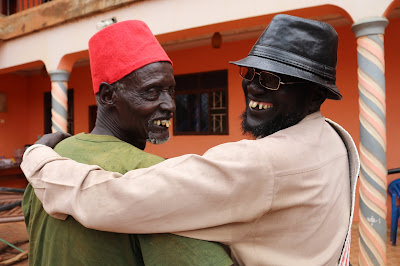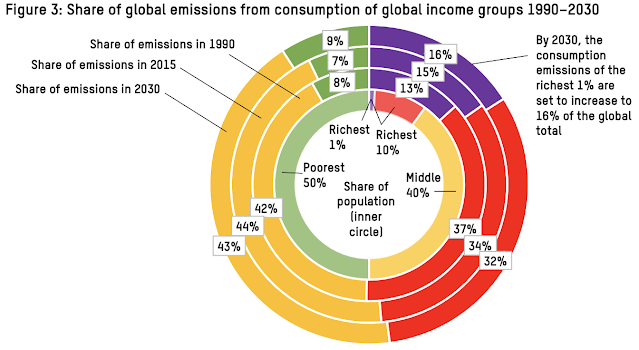Links & Contents I Liked 426

Hi all, Last week I included a Tweet about MSF using blockchain for patient data in my review ; after a message from MSF ('Hi Tobias, just to let you know that MSF is NOT putting patient info on Blockchain') I deleted the Tweet from my review on Monday. Even though I am quite careful about my sources, mistakes like this can happen-so please get in touch if you see a link, story or resource that doesn't meet the high quality standards you should expect from the blog! Otherwise, you can stimulate your mind with a new round of free readings-no Black Friday discount, no judgement from your family that you are into #globaldev, no pressure ;)! Enjoy! My quotes of the week Within the charity ecosystem, the critical friend sits on the margins, often in a smaller or more precarious organisation. The critical friend has less power (of course: otherwise they would be taking the advice and making the decisions). It is often the lone lived experience ‘voice’ in a room full of commiss...



